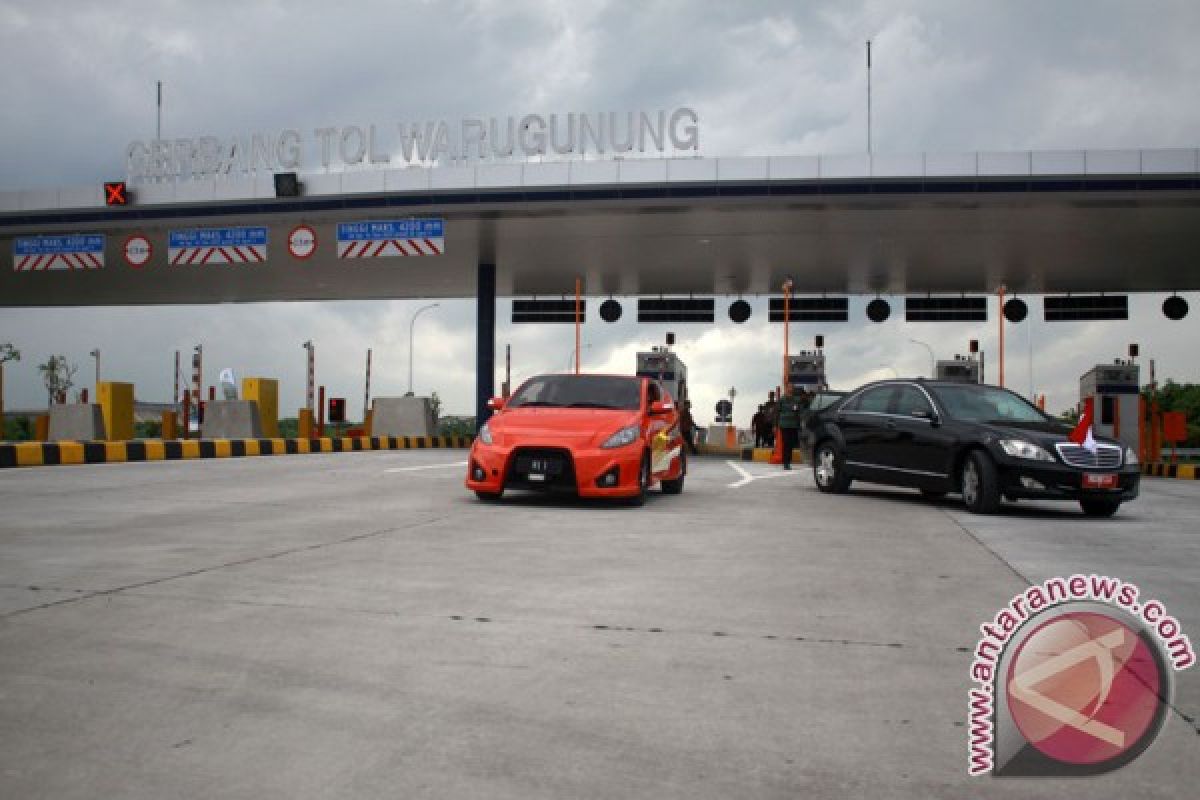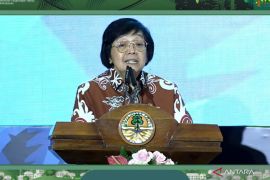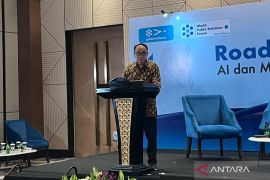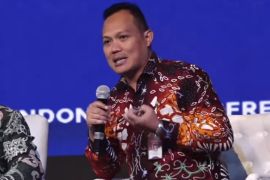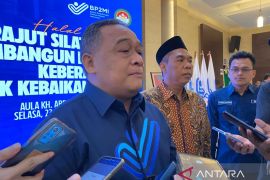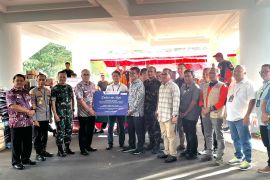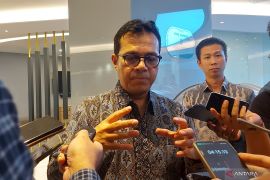"In general, it is good enough, but there is still a thing that needs to be repaired if it is to be mass-produced, namely its battery problem," the president said on the sidelines of the inauguration of the Surabaya Mojokerto Toll Road section 1B, II and III at the Waru Toll Gate, Surabaya, East Java, on Tuesday.
He suggested that every research product should be followed up in order to enter the industry, even if it is not easy either in terms of emissions or other terms.
"But the important issue is the ability of these products to compete with other products that have long been in the market. These will be followed in order to enter the industry," he stated.
On the occasion, several products are on exhibition from ITS`s Center for Automotive System and Automotive Control System (PUI SKO), such as one unit of Ezzy II electric car, one Lowo Ireng supercar unit, two units of Gesits electric motor, and one unit of solar- and electric-powered buses.
"Jokowi planned to ride Ezzy II electric car during the inauguration of Sumo Toll road on Tuesday," Dr. Muhammad Nur Yuniarto ST, Director of PUI SKO ITS, noted on Monday.
Ezzy II electric car itself is a second generation of Ezzy I electric car development that had previously been pioneered in 2013. This car has a much better specification than the previous generation.
Ezzy II electric car uses battery power of 20 kWh, with a capability of 130 kilometer mileage.
In the meantime, state-owned oil and gas company Pertamina had earlier expressed its support to the government`s plan to develop electric cars, in order to cut the use of fossil fuels.
Herutama Trikoranto, the senior vice president of PT Pertamina Research and Technology, noted that the company is ready to shift to using green energy in the transportation, commercial, and domestic sectors.
"However, the infrastructure and regulations should be well-prepared (by the government)," Trikoranto remarked, during the Pertamina Energy Forum 2017, on Dec 13.
In order to support the development of electric cars, the oil and gas company needs to collaborate with an automotive manufacturer in the country.
"Collaborations with automakers are clearly important, mainly in terms of preparing a business road map (for the development of electric cars)," he pointed out.
Yenni Andayani, the director of Pertamina Gas, stated that the company is seeking to promote the use of some alternative forms of energy in the transportation sector.
In the past, Pertamina had promoted the use of gas and liquid petroleum gas to the public.
On a similar occasion, Go Tejima, the project manager of Toyota Motor, explained that the automotive industry had currently developed and was marketing electric cars in the US and European countries.
However, before manufacturing and promoting electric cars in Indonesia, the government needs to prepare the necessary infrastructure and regulations, Tejima reiterated.
Maritime Affairs Coordinating Minister Luhut Binsar Panjaitan had earlier revealed that the government will collaborate with South Korea to manufacture lithium-ion batteries for electric cars.
The minister had discussed the plan with the South Korean Ambassador to Indonesia, Taiyoung Cho.
"South Korea is one of the leading countries to have produced lithium-ion batteries," Panjaitan remarked.
Although Indonesia has abundant raw materials to produce lithium-ion batteries, the country still imports the products from abroad, the minister stressed.
"Hence, we are seeking to forge greater partnerships (to producing lithium-ion batteries). We have abundant raw materials, and we should consider halting the import of lithium-ion batteries," he noted.
(A014/INE)
EDITED BY INE
(T.A014/B/KR-BSR/S012)
Reporter: antara
Editor: Heru Purwanto
Copyright © ANTARA 2017
